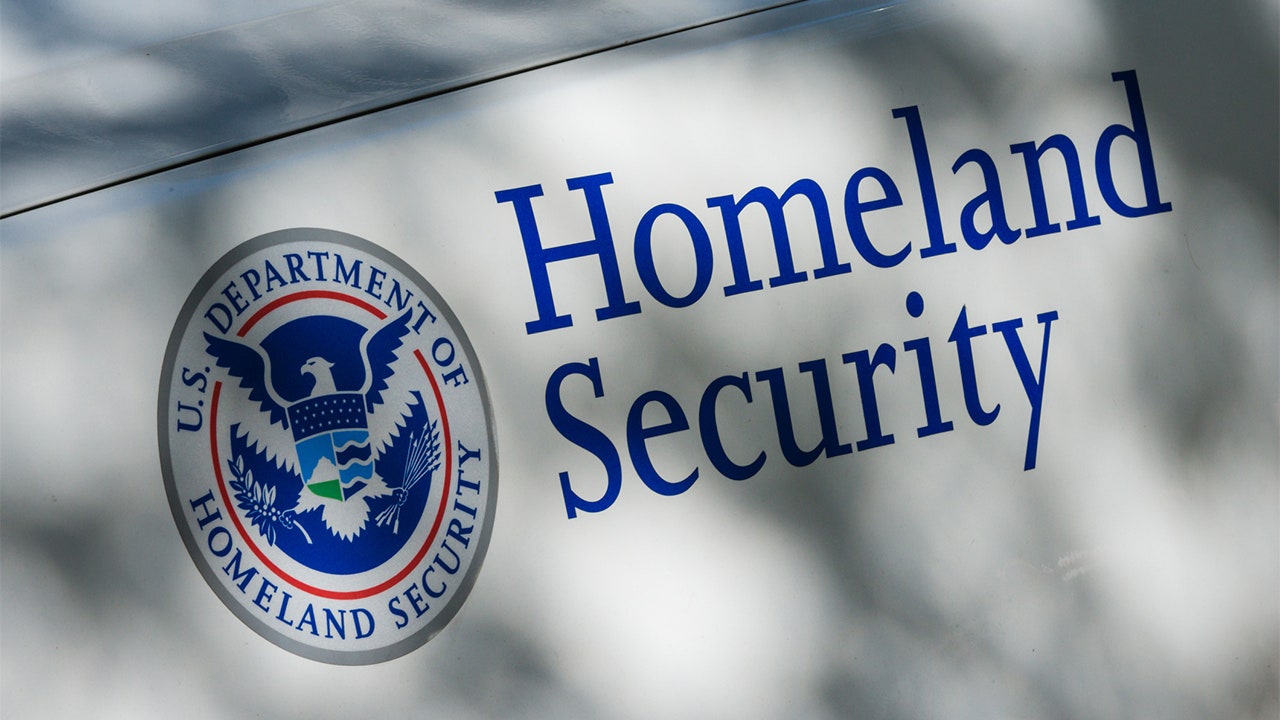The height of the pandemic with physical distancing, vaccine mandates and masking may seem like a distant memory. In reality, COVID-19 hasn’t gone away, though the extraordinary measures and outsized impact of the virus on Canadians’ daily lives have.
With the World Health Organization warning about a surge in infections worldwide, here is what you need to know about COVID-19 test kits, including where you can find them and whether you can used expired ones.
What kind of tests can you take?
Health Canada has authorized three types of self-tests for SARS-CoV-2, the virus that causes COVID-19.
Certain self-tests can be used with or without symptoms while others should only be used if you have symptoms, according to Health Canada.
Canada mainly uses nucleic acid-based testing, or molecular testing, to diagnose COVID-19, with polymerase chain reaction (PCR) being the most common one.
Rapid antigen detection tests, commonly known as COVID-19 rapid tests, are used to detect virus proteins.
“While the technology is advancing, antigen tests are generally less sensitive than molecular tests for diagnosing COVID-19 in people who have no symptoms of illness (asymptomatic),” the Public Health Agency of Canada wrote on its website.
However, antigen tests are useful for screening asymptomatic people if they are tested at regular intervals, it pointed out. Serial testing is usually done two to three times over 36 hours.
Serology, or an antibody test, determines if you have antibodies to the virus, though it can’t show if you have protective immunity.
With some tests expiring by the end of the year, health officials say you can use expired tests in certain cases.
Health Canada says the manufacturer determines the expiry date, which is on the label.
Health Canada has also granted several shelf-life extensions for rapid tests. It recommends contacting the manufacturer to confirm the expiry date of those tests.
Despite the extensions, Health Canada said the results of expired tests may not be accurate and Canadians should “use unexpired tests and follow the provided instructions carefully.”
Most rapid tests can be stored and used for 24 months after their manufacturing dates, according to Francis Martel from the communications department at Quebec’s Ministry of Health and Social Services, citing modified guidance by Health Canada.
“As a result, the expiry date indicated on the test kits does not always reflect the actual expiry date,” Martel wrote in an email to CTVNews.ca on Wednesday. “Extensions to the shelf life are often issued after a test has been manufactured or distributed.”
“In most cases, Health Canada has not reviewed the evidence demonstrating the continued safety and effectiveness of a test beyond its expiry date (whether it is the original or extended expiry date),” Martel added. “As expired test results may be inaccurate, it is recommended that you use unexpired tests.”
Expired tests can be safely thrown out with regular household waste, according to the Manitoba government.
Where can I get COVID-19 test kits?
Those who are in contact with vulnerable people, are at risk of becoming severely ill or who have never had COVID are encouraged to get a rapid screening test done as soon they develop symptoms.
Provinces and territories are responsible for COVID-19 testing, including distributing rapid tests, according to Health Canada.
Free rapid tests may be available depending on the province, although some free distribution programs have discontinued because of lower demand and fewer infections.
Click here for more information on testing and where to find test kits in your province or territory.



















Discussion about this post